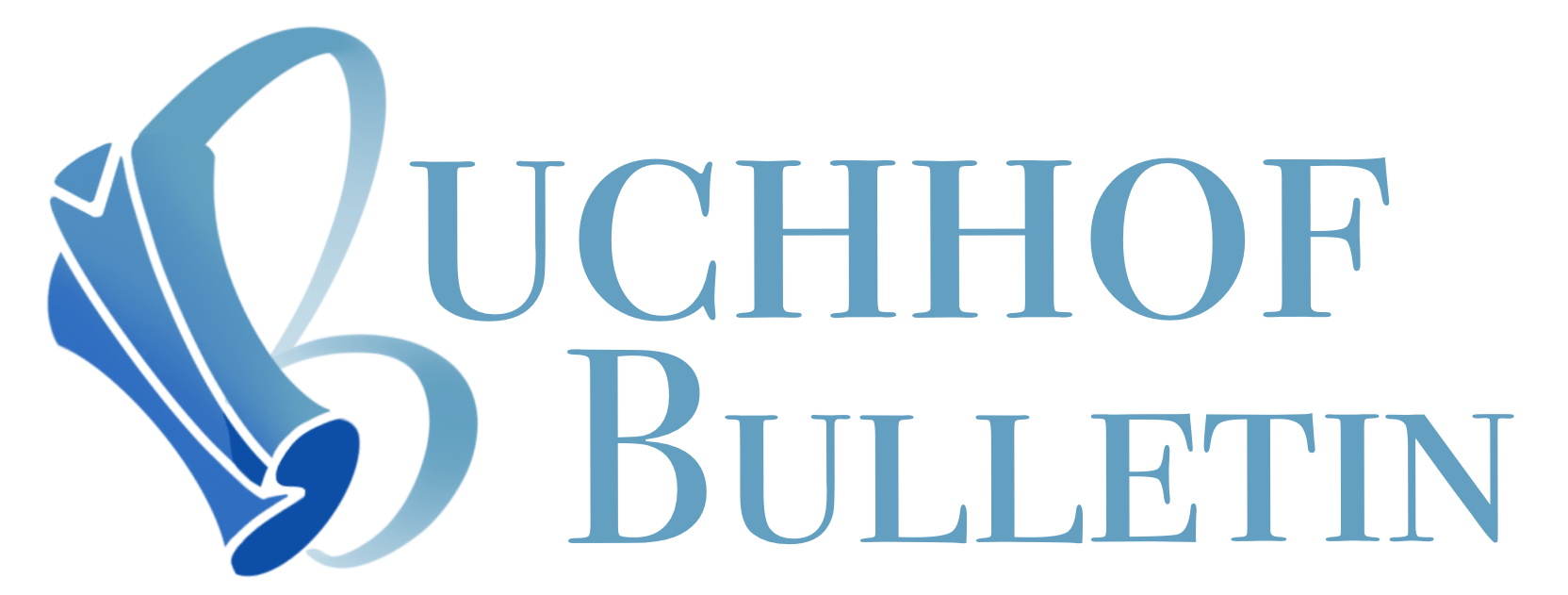By Marcelo G.R., Jacob N., Grade 10
Within the halls of the Munich International School, there is widespread confusion surrounding Physical Health Education (PHE). Through conversations with teachers from the PE department and the student body, diverse perspectives emerge, shedding light on the nature of PHE.
Ms. Lieke, the Head of PHE at MIS, offers a foundational perspective of PHE.
“Physical health education is the subject that is part of the MYP,” Ms. Lieke said, emphasizing its inclusive nature and departure from traditional PE.
“When I was younger, and in the German curriculum still, it’s sports only,” Ms. Lieke said. “That’s why a lot of parents feel like we’re not doing the right thing.”
Ms. Lieke’s vision revolves around nurturing physical fitness alongside overall well-being, a principle that resonates throughout the department’s philosophy of inclusivity and student engagement.
“I hate the narrative where two team captains that were picked by the teacher choose teams…we want to make a PE that is inclusive to all and assists in other aspects of life,” she said.
Complementing Ms. Lieke’s viewpoint, Mr. Bowerman, a PHE teacher, highlights the interdisciplinary dimensions of PHE. He views it as a crucial preparatory ground for the International Baccalaureate (IB) program, advocating for the integration of social and emotional learning into the curriculum. Mr. Bowerman’s states that he welcomes student input and advocates for a balanced approach to PHE.
However, across the greater MIS, many student’s voices provide insights into the practical realities of PHE. Luke M., Grade 10, shares his preference for a more sports-oriented approach to PE, drawing from his experiences in the US and here. He raises concerns about academic workload and grading methods, urging for a recalibration that balances theory with practical engagement.
“I find myself staying up very late at night working on PE, and I find that just absurd,” Luke M. said, highlighting the gap between expectations and student experience.
Another tenth-grade student highlights the lack of transparency with the marking system.
“Most of the time we don’t know what we’re even being marked on,” Lucas T. said.
He then highlights potential bias in the grading system.
“It feels like we’re just given a random grade at the end of the semester either randomly, or based on how much the teacher likes us,” Lucas T. said.
One group of students in ninth grade organized a strike against the PHE department, protesting what they saw as an unjust curriculum, a ninth grade student, who wished to remain anonymous, said. The student’s name is known to The Buchhof Bulletin Editorial Staff.
“It just doesn’t make sense, in most schools PE is the favorite subject, but here it’s dreaded by almost every student I know,” the student said.
The student revealed why they felt motivated to act.
“The fact that PE is all about writing, reflections and analysis is the opposite of what it should be about, that’s why me and some other people felt like we had to do something,” the student said.
The diversity of perspectives undermines the complexity of PHE and the importance of ongoing dialogue and collaboration. While Ms. Lieke and Mr. Bowerman champion holistic education and interdisciplinary learning, many voices in the student body draw attention to areas of concern such as grading methods and curriculum design.
Regardless of the differences in perspectives of the students and teachers, both parties still regard PHE as a valuable subject at MIS.
“Even if I have a lot of problems with PE, it’s still a subject that I enjoy and I think is important,” the Grade 9 student said.
